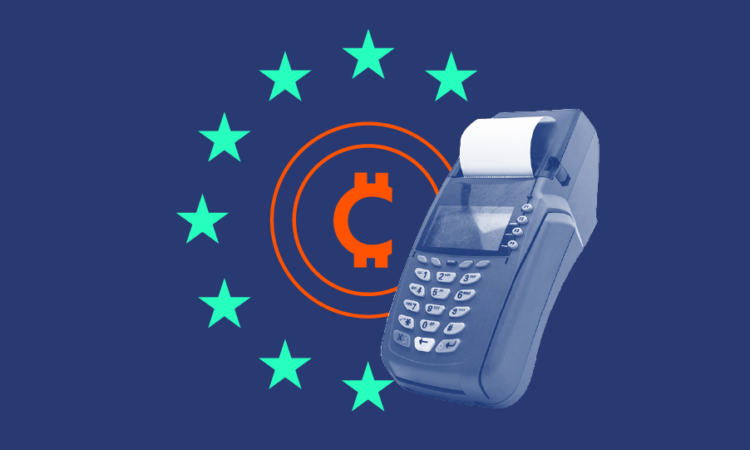
Episode 51 of the Public Key podcast is here! How do you solve crypto companies’ access to banking in the EU? Former Chainalysis colleague Simon Ousager (CEO & Co-Founder) of Januar explains how his company is solving this problem and revolutionizing the payment gateway in the EU.
You can listen or subscribe now on Spotify, Apple, or Audible. Keep reading for a full preview of episode 51.
Public Key Episode 51 preview: Solving the banking access problem for EU crypto companies
Access to banking services for crypto companies has always been challenging, and with the recent bank failures in the USA, blockchain companies, crypto exchanges, and stablecoin issuers have been severely impacted.
In this episode, Ian Andrews is joined by a former Chainalysis colleague, Simon Ousager (CEO & Co-Founder), at Januar, a company that is solving this problem for blockchain companies in the EU.
Simon explains why the EU market is perfect for Januar to provide payment gateway services in crypto and how the MiCA regulations have actually been beneficial in providing more clarity for companies like Januar and other crypto exchanges in the region.
We get a crash course on the differences between banks and payment institutions in the EU and what to expect from stablecoin issuers and blockchain entrepreneurs in the next few years.
Quote of the episode
“I heard your CEO, Michael, on a different podcast a couple of days ago, and he said that one day, all crypto exchanges are gonna be banks, and all banks are gonna be crypto exchanges. And we’re right in the middle, and I don’t know if we’re gonna be a bank, also being in Europe, you don’t have to be. There are some advantages to that, but it’s gonna move closer to each other, but I think it’s gonna be a couple of years, at least, before that happens. – Simon Ousager (CEO & Co-Founder, Januar)
Minute-by-minute episode breakdown
- (2:05) – Simon’s early beginnings at Chainalysis and founding Januar to solve the banking issue for EU crypto companies
- (6:25) – Januar’s all-in-one solution to accessing IBAN accounts, B2B crypto transactions, and compliance support
- (13:50) – How do MiCA regulations impact payment gateways using crypto in the EU?
- (18:45) – Understanding what products or services constitute banking activity in the EU
- (24:01) – The emergence of stablecoins in Europe and how regulations impact them
- (31:25) – What founders building in the blockchain and crypto industry need to know.
Related resources
Check out more resources provided by Chainalysis that perfectly complement this episode of the Public Key.
Speakers on today’s episode
This website may contain links to third-party sites that are not under the control of Chainalysis, Inc. or its affiliates (collectively “Chainalysis”). Access to such information does not imply association with, endorsement of, approval of, or recommendation by Chainalysis of the site or its operators, and Chainalysis is not responsible for the products, services, or other content hosted therein.
Our podcasts are for informational purposes only, and are not intended to provide legal, tax, financial, or investment advice. Listeners should consult their own advisors before making these types of decisions. Chainalysis has no responsibility or liability for any decision made or any other acts or omissions in connection with your use of this material.
Chainalysis does not guarantee or warrant the accuracy, completeness, timeliness, suitability or validity of the information in any particular podcast and will not be responsible for any claim attributable to errors, omissions, or other inaccuracies of any part of such material.
Unless stated otherwise, reference to any specific product or entity does not constitute an endorsement or recommendation by Chainalysis. The views expressed by guests are their own and their appearance on the program does not imply an endorsement of them or any entity they represent. Views and opinions expressed by Chainalysis employees are those of the employees and do not necessarily reflect the views of the company.






